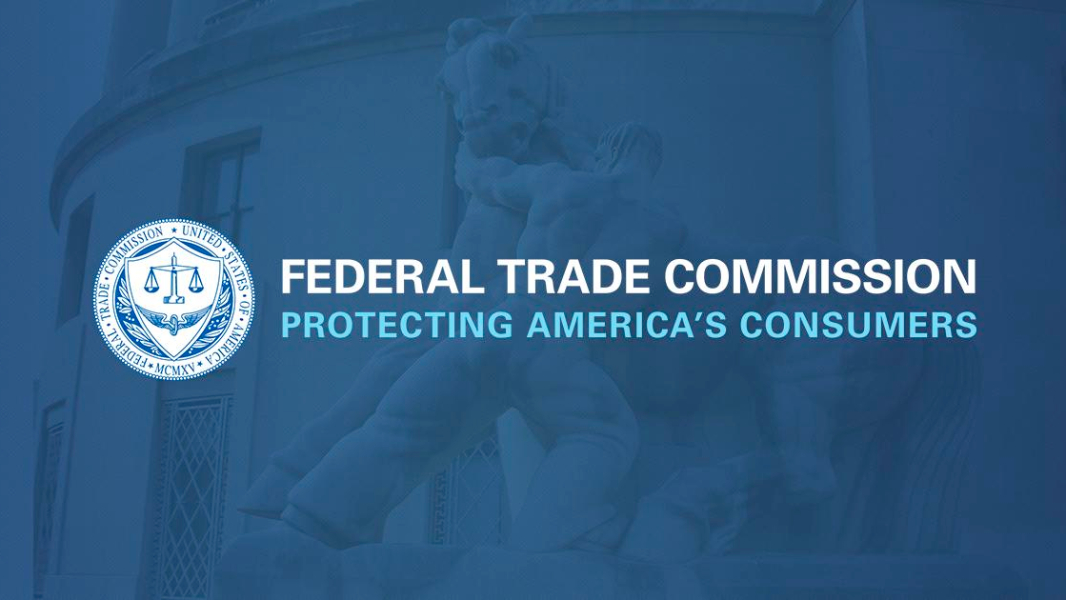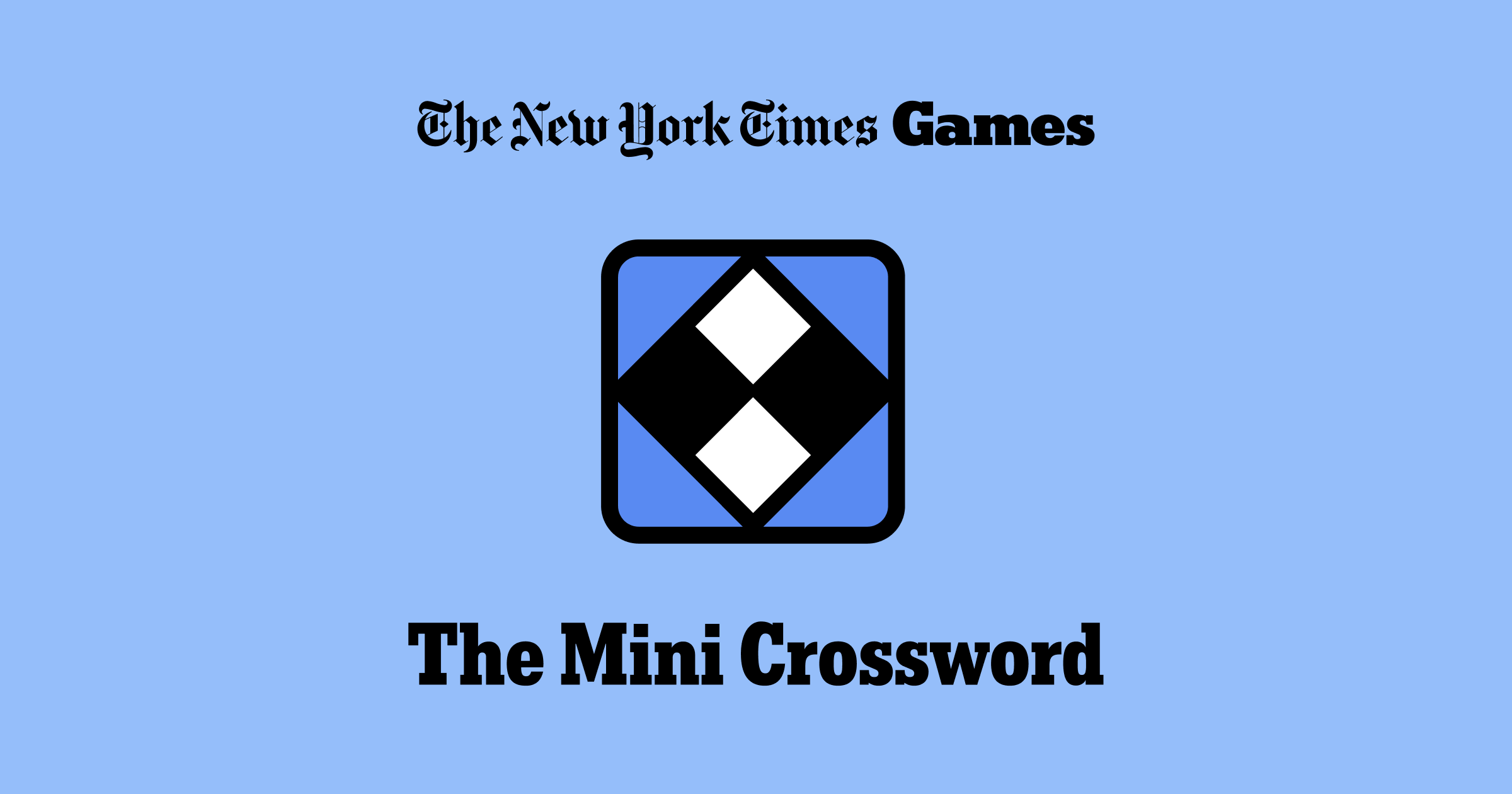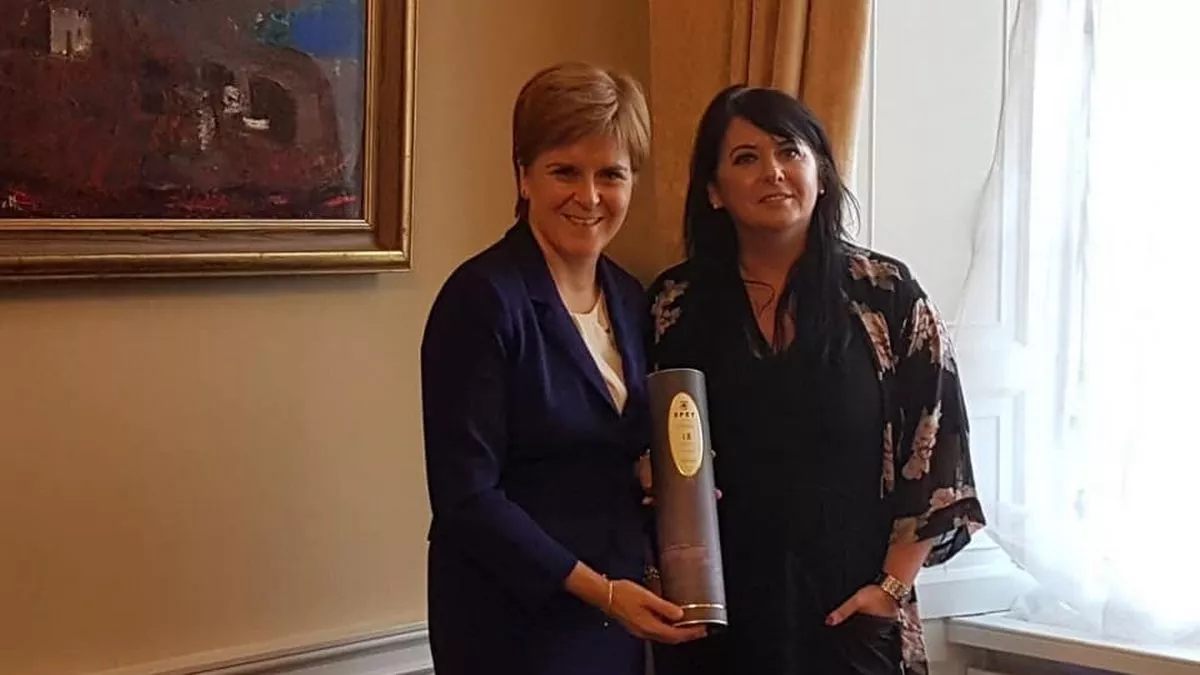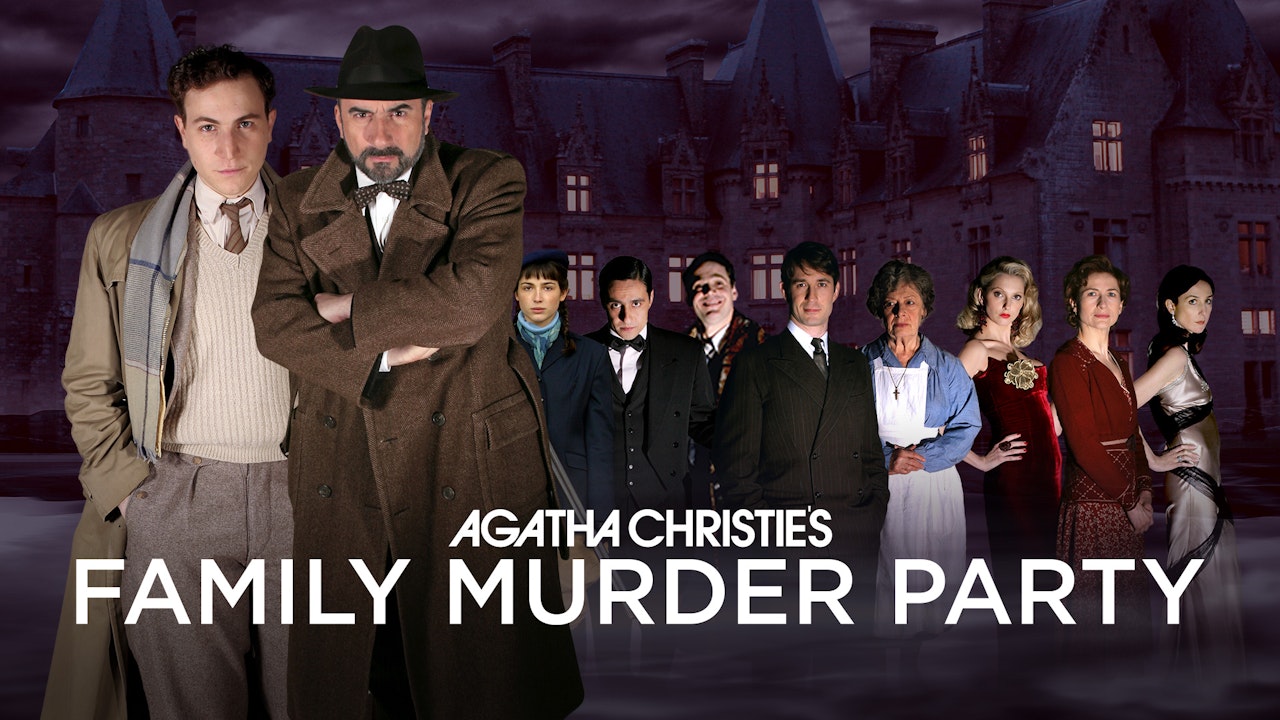Activision Blizzard Acquisition: FTC Challenges Court Ruling

Table of Contents
The FTC's Case Against the Activision Blizzard Acquisition
The FTC launched a lawsuit to block the Activision Blizzard acquisition, citing concerns about its impact on competition within the gaming market. Their case rested on two primary pillars: concerns regarding competition and alleged antitrust violations.
Concerns Regarding Competition
The FTC argued that Microsoft's acquisition of Activision Blizzard would significantly reduce competition, particularly within several key areas:
- Reduced competition among game consoles: The acquisition would give Microsoft control over immensely popular franchises like Call of Duty, World of Warcraft, and Candy Crush, potentially hindering competition from Sony's PlayStation and Nintendo's Switch. This could lead to Microsoft leveraging its market power to disadvantage rival consoles.
- Limited consumer choice in gaming subscriptions: The integration of Activision Blizzard's games into Microsoft's Game Pass subscription service could limit consumer choice and potentially drive up prices for competing subscription services. Consumers might be locked into the Xbox ecosystem due to exclusive content.
- Potential for increased prices for Activision Blizzard games: With less competition, Microsoft could potentially raise the prices of Activision Blizzard games, impacting consumers' wallets. This represents a key anti-competitive concern.
- Exclusion of rival gaming platforms from access to popular Activision Blizzard titles: The FTC feared that Microsoft might make Activision Blizzard titles exclusive to Xbox, limiting availability on other platforms like PlayStation, PC, and Nintendo Switch, harming consumers. This would create a significant barrier to entry for competitors.
Antitrust Violations
The FTC alleged that the merger violated antitrust laws, specifically by creating a monopoly or substantially lessening competition within the gaming market. Their case involved:
- Detailed analysis of market share and dominance: The FTC presented extensive data on market share, demonstrating Microsoft's substantial presence in gaming, coupled with Activision Blizzard's strong portfolio of titles.
- Evidence presented by the FTC to support their claims: This included internal Microsoft documents, expert testimony from economists and industry analysts, and statistical modelling of the potential impact on competition.
- Expert testimonies on the potential anti-competitive effects: Economists testified on the potential for higher prices, reduced innovation, and decreased consumer choice as a result of the merger.
- Discussion of precedent-setting antitrust cases: The FTC drew parallels to past antitrust cases to strengthen their argument, highlighting similar concerns and outcomes.
The Court's Decision and the FTC's Appeal
Despite the FTC's arguments, the court initially ruled in favor of Microsoft, allowing the acquisition to proceed. This decision, however, sparked the FTC's appeal.
The Initial Ruling
The court's decision to allow the merger was based on their assessment of the evidence presented by both parties.
- Summary of the court's reasoning: The court determined that the FTC had not provided sufficient evidence to demonstrate that the acquisition would substantially lessen competition.
- Key arguments accepted and rejected by the court: The court acknowledged some concerns raised by the FTC, but ultimately found them insufficient to warrant blocking the merger. For example, the court may have accepted that some games might become exclusive, but deemed this not anti-competitive enough to block the deal.
- Mention of any dissenting opinions: Any dissenting opinions within the court should be noted here, highlighting contrasting perspectives on the evidence and legal interpretations.
- Analysis of the legal precedents cited by the court: A discussion of the legal precedents cited by the court in their decision-making is crucial for understanding the legal reasoning behind the ruling.
The FTC's Appeal Strategy
The FTC's appeal focuses on challenging the court's interpretation of the evidence and the application of antitrust law.
- Key points of the appeal: The FTC is likely arguing that the court misrepresented the facts and misinterpreted the legal precedent, resulting in an incorrect ruling.
- Legal arguments used by the FTC in the appeal: This would delve into the specific legal arguments presented by the FTC during their appeal, highlighting their case's foundation in law.
- The potential timeline for the appeal process: This section would outline the typical timeframe for such appeals, including potential delays and expected durations.
- Discussion of the implications of a successful appeal: A successful appeal would likely result in the acquisition being blocked or subjected to further regulatory scrutiny, potentially impacting Microsoft's future plans.
Implications for the Gaming Industry
The outcome of the Activision Blizzard acquisition will have profound implications for both game developers and consumers.
Impact on Game Developers
The merger's success or failure will significantly impact the gaming development landscape.
- Potential for increased pressure on smaller studios: A larger, more dominant Microsoft could potentially exert more pressure on smaller, independent developers in terms of distribution, marketing, and revenue sharing.
- Impact on game distribution and marketing: The merger could lead to changes in how games are distributed and marketed, potentially impacting smaller studios' ability to reach their target audiences.
- Potential changes in revenue sharing models: Microsoft’s increased market power could lead to changes in how revenue is shared between publishers and developers, potentially impacting the profitability of smaller studios.
Impact on Consumers
The effects on gamers are a critical consideration in this case.
- Potential for higher prices for games: Reduced competition could lead to price increases for popular Activision Blizzard games and potentially other titles.
- Impact on game availability and accessibility: The exclusivity of certain titles to Xbox could limit gamers' access to specific games, especially those on competing platforms.
- Changes to subscription services and pricing: The integration of Activision Blizzard's catalog into Game Pass could impact subscription pricing and potentially drive up prices for competing services.
Conclusion
The Activision Blizzard acquisition remains a pivotal moment for the gaming industry, and the FTC's appeal adds significant uncertainty. The outcome will set precedents for future mergers and acquisitions, shaping the competitive landscape and impacting consumers worldwide. The legal battle over the Activision Blizzard acquisition is far from over, and keeping abreast of developments is essential for understanding the future of gaming. Stay informed and follow the progress of this landmark case to see how it will impact the gaming landscape.

Featured Posts
-
 April 8 2025 Nyt Mini Crossword Complete Answers And Clues
May 20, 2025
April 8 2025 Nyt Mini Crossword Complete Answers And Clues
May 20, 2025 -
 Sabalenka Defeats Mertens In Madrid Open Top Ranked Showdown
May 20, 2025
Sabalenka Defeats Mertens In Madrid Open Top Ranked Showdown
May 20, 2025 -
 Sasol Sol Strategy Update Investors Demand Answers
May 20, 2025
Sasol Sol Strategy Update Investors Demand Answers
May 20, 2025 -
 Private Letters Expose Agatha Christies Family Conflict Over A Pivotal Book
May 20, 2025
Private Letters Expose Agatha Christies Family Conflict Over A Pivotal Book
May 20, 2025 -
 Suki Waterhouses Baby Doll Makeup A Fresh Spring Look
May 20, 2025
Suki Waterhouses Baby Doll Makeup A Fresh Spring Look
May 20, 2025
Latest Posts
-
 Understanding Michael Strahans Interview Success A Ratings Perspective
May 20, 2025
Understanding Michael Strahans Interview Success A Ratings Perspective
May 20, 2025 -
 The Competitive Edge How Michael Strahan Secured A High Profile Interview
May 20, 2025
The Competitive Edge How Michael Strahan Secured A High Profile Interview
May 20, 2025 -
 Good Morning America Without Michael Strahan The Story Behind His Exit
May 20, 2025
Good Morning America Without Michael Strahan The Story Behind His Exit
May 20, 2025 -
 Michael Strahans Interview Strategy A Case Study In Ratings Success
May 20, 2025
Michael Strahans Interview Strategy A Case Study In Ratings Success
May 20, 2025 -
 Michael Strahan And Good Morning America Understanding His Unexpected Departure
May 20, 2025
Michael Strahan And Good Morning America Understanding His Unexpected Departure
May 20, 2025
